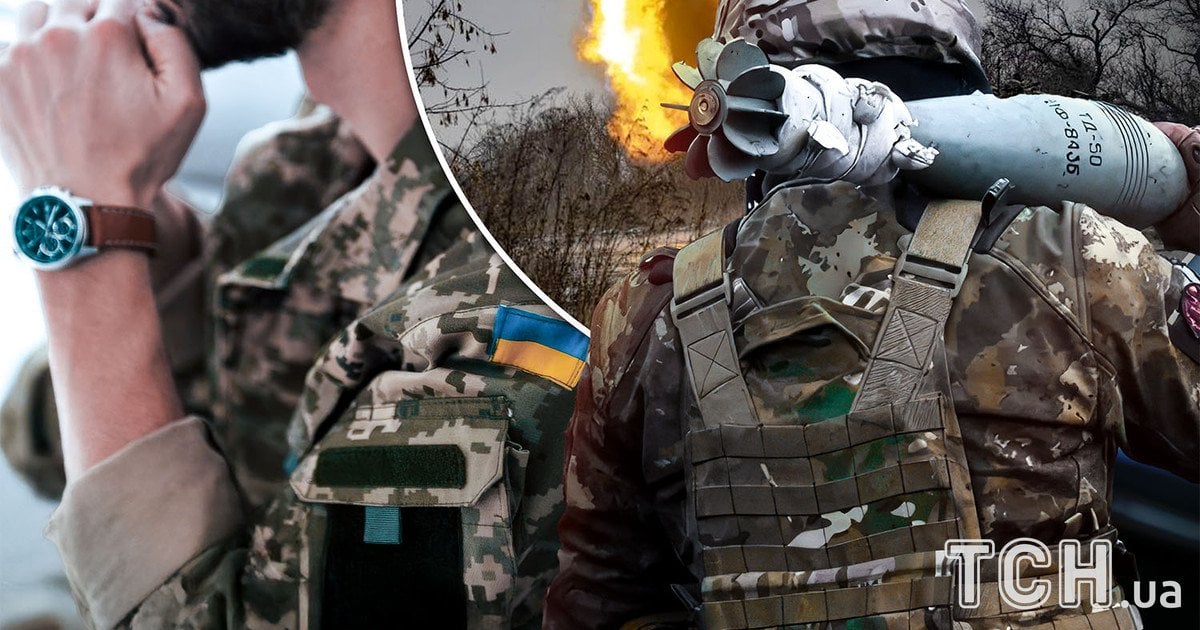When will the war in Ukraine end? Insights from military, politicians, and experts
What forecasts do military leaders and intelligence officials offer regarding the end of the war in Ukraine?
War in Ukraine
Views on when the war in Ukraine might end differ drastically — from a matter of months to several years.
TSN.ua has gathered the latest predictions from military officers, politicians and analysts.
Denys Shvydkyi, head of recruitment at the 28th Separate Mechanized Brigade, believes Ukrainians should prepare for a long struggle. In his view, the war is unlikely to end for at least another two years.
“I believe the war will last that long (two years). Certainly no less. We should not expect results from negotiations or a quick conclusion. We need to prepare for this,” Shvydkyi stressed.
In political circles, however, forecasts sound more optimistic. Fedir Venislavskyi, Head of the Parliamentary Subcommittee on State Security, Defense and Defense Innovations, told TSN.ua the war could end by the close of this year.
“This war definitely will not drag on for years. I think we are talking about a few months at most — perhaps even less,” Venislavskyi said, clarifying that this was his personal view.
Andriy Yusov, a representative of Ukraine’s military intelligence, argued that the war could end by the end of 2025 — but only if several crucial factors align.
“Could the war end this year? Yes, it could. But that would require many conditions to coincide: stronger pressure on the aggressor state, increased military, economic and other support for Ukraine, tougher sanctions by partners. Above all, it depends on the ability of Ukraine’s security and defense forces to hold the line, diplomacy to negotiate, and society to endure,” Yusov explained.
Military expert Oleh Zhdanov, meanwhile, believes the truth likely lies “somewhere in the middle.” He suggested the war could last another two to three years.
“What does it mean for a war to end? It only ends when one side achieves the goals it set before the conflict. Everything else could mean a frozen war or a transition to low-intensity hostilities, as we experienced from 2014 to 2022. In practice, it is the same freezing, but not as deep,” Zhdanov said.

